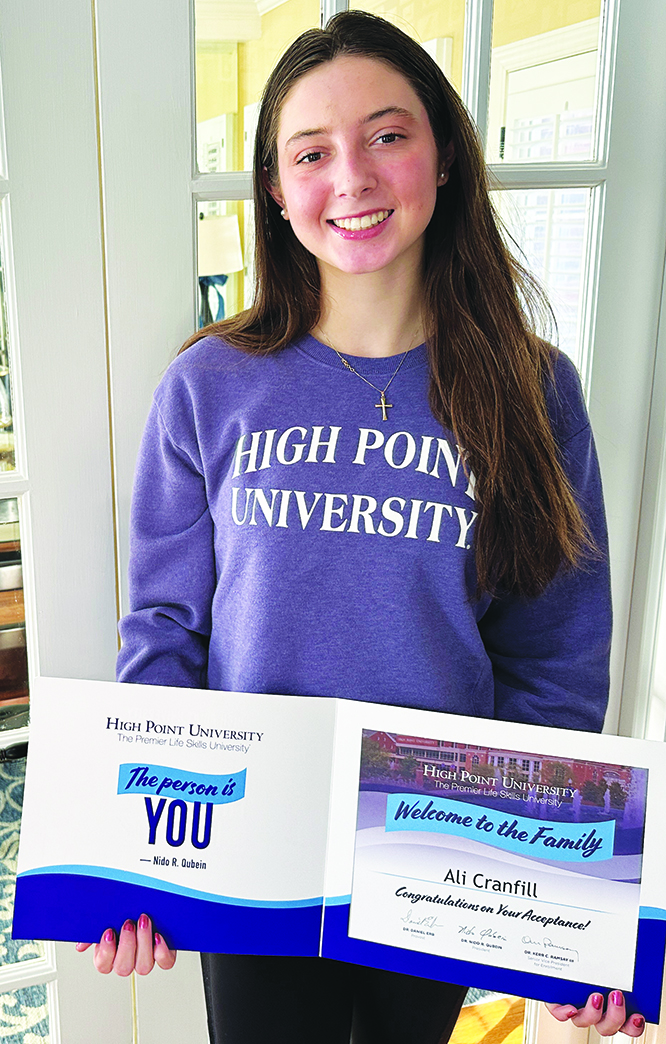NC school board starts studying virtual charters
Published 12:00 am Saturday, December 14, 2013
RALEIGH (AP) — Ground rules set by an education panel that started work Friday could one day allow thousands of North Carolina students to take classes from home through a charter school free to innovate with online-only education, while also protecting taxpayers and ensuring children learn.
The panel was created by the State Board of Education to offer ideas on the best rules and changes needed state law to allow virtual charter schools. The task was assigned by state lawmakers, and recommendations are due before the General Assembly opens its next session in the spring.
The meeting comes a week after a North Carolina appeals court ruled the state school board was justified when it blocked a company’s bid to establish an online-only charter school before a study.
“This is a pretty new landscape,” said Gillian Locke, a consultant who has studied online education for primary and secondary school students.
Locke’s company, Chapel Hill-based education policy and management consulting firm Public Impact, studied online education for grades K-12 under a federal contract. The results were shared with the North Carolina panel.
Thirty states operate fully online schools that educate 310,000 full-time students, the firm found. Most are in virtual charter schools, which are allowed to operate under fewer rules than other public schools, Locke said. More than half of those students attend online-only schools that are managed by for-profit companies.
The largest is Herndon, Va.-based K12 Inc., the company that sought to set up a North Carolina virtual charter school. The state Court of Appeals ruled last week the state school board was entitled to delay consideration of the virtual charter school sought by K12 while studying how best to manage them. The North Carolina school was estimated to enroll about 1,800 students statewide.
Teachers aren’t always trained in methods that make virtual learning different from classroom settings, she said. Because virtual education is new, parents often aren’t clear on whether the education their child is getting is high quality, Locke said. And the difficulty in closing or otherwise holding accountable schools that don’t deliver results is at least as difficult as closing a school building, she said.
The head of one of South Carolina’s half-dozen virtual charter schools said it may be harder to close a school run by a for-profit company, which hire powerful lobbyists to ensure its interests and investments are protected.
One virtual school where students were showing poor results was at risk of closing last year when its state charter to operate was due for renewal, said Barbara Stoops, executive director of the Palmetto State E-Cademy.
“The lobbying effort made sure that that school got renewed,” said Stoops, who said her school does not contract with a so-called education management organization, or EMO.
Most states have fewer than 10,000 online-only students, usually a mix of children who are homebound because of health conditions or behavioral problems, who are being homeschooled by their parents, or even on an extended stay outside the state or abroad. Because a student’s class participation and answers are recorded by the computer he or she uses during the school day, tremendous amounts of collected data could be used to fortify weak areas or recognize strengths well before the year-end tests, Locke said.
North Carolina and more than two dozen other states offer online courses that supplement but don’t replace neighborhood schools. About 50,000 public school students across the state take part in online high school courses that help them keep up with course work, study subjects unavailable locally, prep for tests or seek career planning help.





